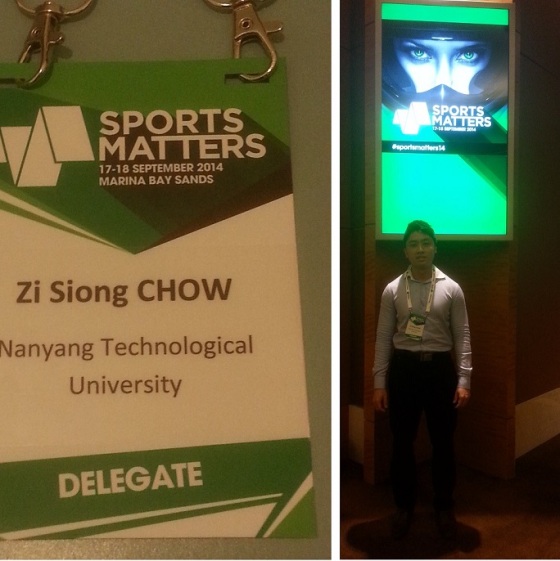Thoughtworthy quotes extracted from Professor David G. Myers’ book, “Social Psychology”:
1) “Often our thinking and acting are subtly primed by unnoticed events. Rob Holland and his colleagues (2005) observed that Dutch students exposed to the scent of an all-purpose cleaner were quicker to identify cleaning-related words. In follow-up experiments, other students exposed to a cleaning scent recalled more cleaning-related activities when describing their day’s activities and even kept their desk cleaner while eating a crumbly cookie. Moreover, all these events occurred without the participants’ conscious awareness of the scent and its influence.”
2) “Because social perceptions are very much in the eye of the beholder, even a simple stimulus may strike two people quite differently. Saying Britian’s Gordon Brown is “an okay prime minister” may sound like a put down to one of his ardent admirers and like praise to someone who regards him with contempt. When social information is subject to multiple interpretations, preconceptions matter. (Hilton & von Hippel, 1990)”
3) “Indeed, people’s perceptions of bias can be used to assess their attitudes (Saucier & Miller, 2003). Tell me where you see bias, and you will signal your attitudes.”
4) “Our assumptions about the world can even make contradictory evidence seem supportive. For example, Ross and Lepper assisted Charles Lord (1979) in asking two groups of students to evaluate the results of two supposedly new research studies. Half the students favored capital punishment and half opposed it. Of the studies they evaluated, one confirmed and the other disconfirmed the students’ beliefs about the deterrent effect of the death penalty. The results: both proponents and opponents of capital punishment readily accepted evidence that confirmed their belief but were sharply critcal of disconfirming evidence. Showing the two sides of an identical body of mixed evidence had not lessened their disagreement, but increased it.”
5) “When we say something good or bad about people, people spontaneously tend to associate that trait with us, report Lynda Mae, Donal Carlston, and John Skowronski (1999; Carlston & Skowronski, 2005) – a phenomenom they call spontaneous trait transference. If we go around talking about others being gossipy, people may then unconsciously associate “gossip” with us… Describe someone as sensitive, loving, and compassionate, and you may seem more so.”
6) “These experiments suggest that the more we examine our theories and explain how they might be true, the more closed we become to information that challenges our beliefs. Once we consider why an accused person might be guilty, why an offending stranger acts that way, or why a favoured stock might rise in value, our explanations may survive challenges.”
7) “Is there a remedy for belief perseverance? There is: Explain the opposite.”
8) “The evidence is compelling: Our beliefs and expectations powerfully affect how we mentally construct events. Usually, we benefit from our preconceptions, just as scientists benefit from creating theories that guide them in noticing and interpreting events. But the benefits sometimes entail a cost: We become prisoners of our own thought patterns.”
9) “In experiments involving more than 20,000 people, Elizabeth Loftus (2003, 2007) and her collaborators have explored our mind’s tendency to construct memories. In the typical experiment, people witness an event, receive misleading information about it (or not), and then take a memory test. The repeated finding is the misinformation effect. People incorporate the misinformation into their memories: They recall a yield sign as a stop sign, hammers as screwdrivers… and a clean-shave man as a fellow with a mustache…
This process affects our recall of social as well as physical events. Jack Croxton and his colleagues (1984) had students spend 15 minutes talking with someone. Those who were later informed that this person liked them recalled the person’s behaviour as relaxed, comfortable and happy. Those informed that the person disliked them recalled the person as nervous, uncomfortable and not so happy.”




